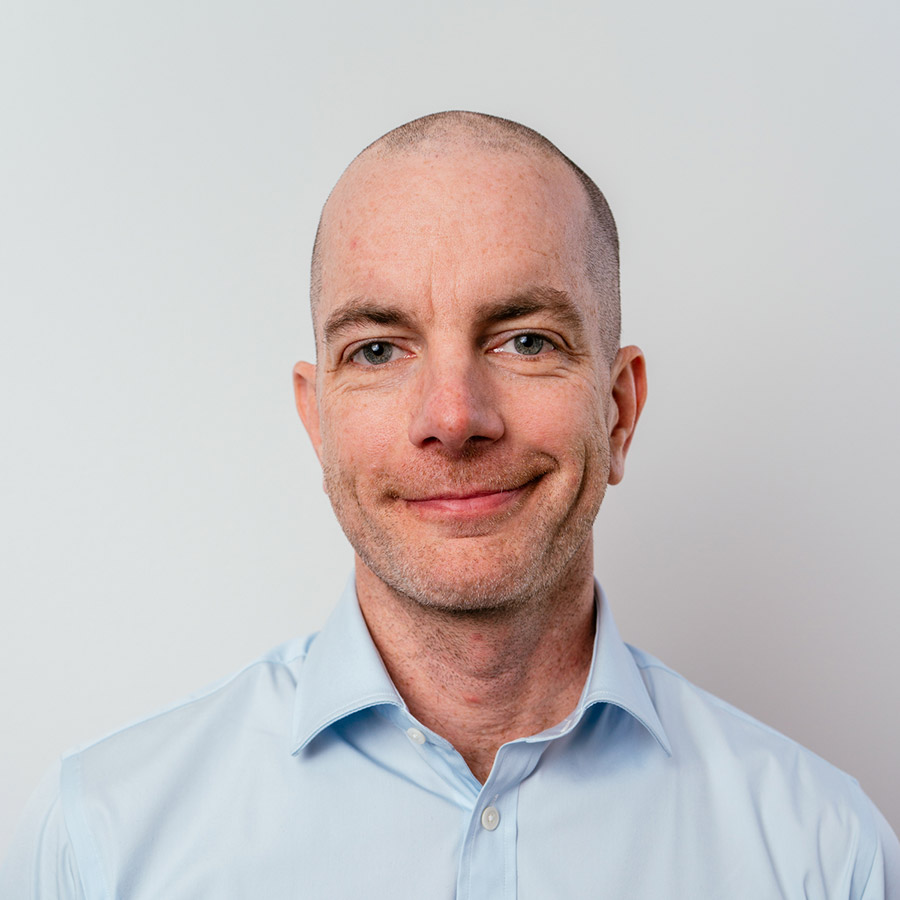About The Confident Commit
The show for anyone who wants to join the conversation on how to deliver software better and faster. Listen to CircleCI’s CTO Rob Zuber in conversation with DevOps experts from across the industry discussing a range of topics from pipeline security to engineering team efficiency.
The Confident Commit will introduce you to innovative DevOps ideas that will inspire you to continuously improve your own software development process.
Look for new episodes every other Friday. Listen now on Apple Podcasts, Spotify, or on our RSS feed.
About our host
Rob Zuber
Rob Zuber is a 20-year veteran of software startups, a four-time founder, and three-time CTO. Since joining CircleCI, Rob has seen the company through its Series F funding and delivered on product innovation at scale while leading a team of 300+ engineers who are distributed around the globe.
Rob lives in Oakland, California with his wife and two children.







